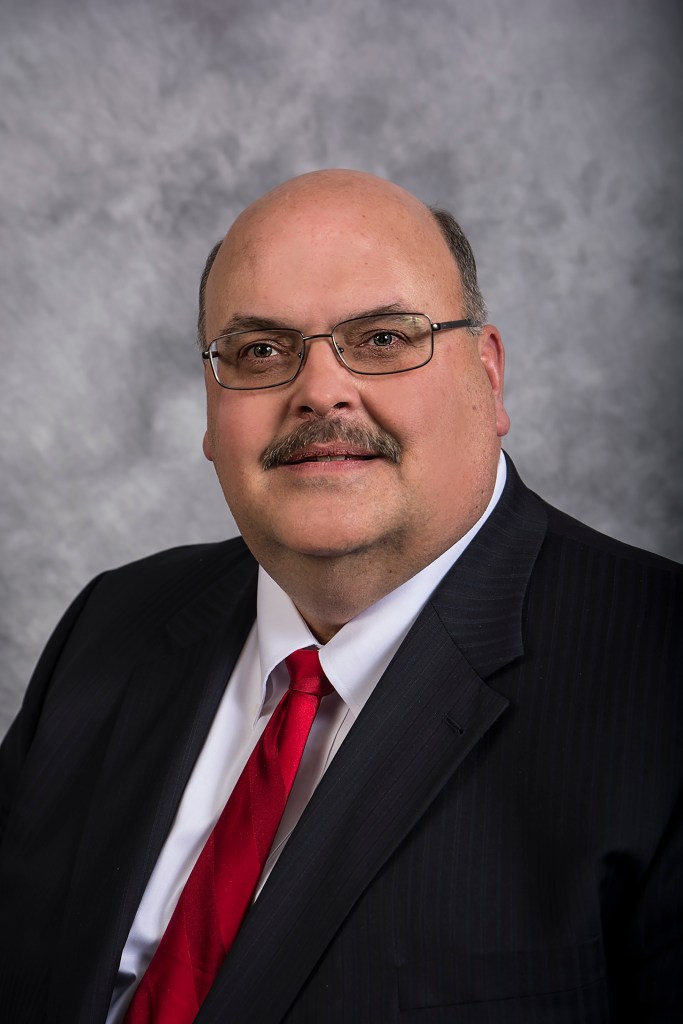Pruitt brings commonsense approach to EPA
Published 8:12 am Thursday, January 18, 2018

- Photo by Tim Webb
As he wraps up his first year on the job, U.S. EPA Administrator Scott Pruitt has been successful in bringing a new attitude to the role of safeguarding America’s environment. Namely, he believes, as most Americans do, it is possible to preserve and protect the environment while also allowing for a vibrant, thriving economy.
While this seems like simple common sense, we should remind ourselves that, in Washington, D.C., sense is not especially common. And nothing is simple.
Mr. Pruitt’s approach has been straightforward, transparent and reasonable. Although he has become the target of relentless criticism from D.C. elites for doing so, Pruitt actually seeks input from the people and businesses that must live and financial comply with EPA’s regulations.
Trending
He champions cooperative federalism. The idea is that, when it comes to complex federal environmental regulations, state regulators should take the lead in implementing those statutory and regulatory requirements in tandem with their federal counterparts. After all, state regulators are capable and knowledgeable, and they are most familiar with the conditions that exist in their state.
Most would agree this tailored approach to achieving results makes more sense than an onerous, one-size-fits-all method of top-down control from Washington, D.C. But, again, this is another idea that faces howls of protest from D.C.’s usual suspects.
Pruitt’s EPA is taking steps to replace the Clean Power Plan, a sprawling rule aimed at reducing carbon dioxide emissions, while also remaking the U.S. energy industry. Significantly, the rule does not just set emissions limits for equipment at power plants. Rather, it allows the federal government to reach “outside the fence” of those plants to manipulate other portions of the industry.
The Clean Power Plan is especially punitive for coal and, to a large extent, natural gas. As a result, states like Kentucky face a double whammy of rising energy costs along with harm to its energy-intensive manufacturing sector, which accounts for 250,000 jobs. Fortunately for Kentucky, implementation of the rule has been delayed by court challenges, affording Pruitt the opportunity to fix it before it can do irreversible damage, and he has begun that process.
Clearly, regulation of carbon dioxide is coming. For Kentucky, the pertinent questions include: Will the regulation be faithful to the statutory limits under the Clean Air Act? Will the regulation allow gradual transition, in a way that protects the affordability and reliability of our energy supply? And will the federal government put serious effort into finding ways to capture and store carbon dioxide emissions, so our nation can maintain and utilize a truly diversified portfolio of energy resources?
In recent years, in order to comply with federal environmental regulations, East Kentucky Power Cooperative has spent hundreds of millions of dollars on equipment like scrubbers for its coal-fueled units.
Trending
The flawed and over-reaching Clean Power Plan would have resulted in prematurely shutting down those units, leaving over 1 million Kentucky residents to pay the mortgage on equipment made obsolete by government decree.
I have great hope the EPA under Pruitt, in replacing the Clean Power Plan, will take an approach that is fairer and more reasonable.
Pruitt also is tackling an issue that, for years, has confounded our nation’s normal policy-making processes. Deep-pocketed special interest groups have successfully skirted Congressional authority, as well as normal regulatory development processes, by using a “sue-and-settle” strategy to judicially ensure their objectives are codified into regulation. And it has been done behind closed doors, without public input.
In October, Pruitt issued a directive to end the practice. “The days of regulation through litigation are over,” he said in announcing the decision. In doing so, Pruitt is re-establishing the proper order of rule-making so that a few will no longer manipulate the system to impose their views without oversight.
Administrator Pruitt’s reasonable, commonsense approach provides greater certainty for energy providers who must make careful choices about how best to provide reliable, affordable energy for America. Often, these choices take decades to pay off.
As leader of a not-for-profit, member-owned cooperative, I greatly appreciate anyone who provides greater certainty of what the landscape might look like in years to come.
Anthony “Tony” Campbell is President and CEO of East Kentucky Power Cooperative. Based in Winchester, EKPC is a not-for-profit, member-owned cooperative providing wholesale electricity to 16 owner-member distribution cooperatives, including Clark Energy. Together, they serve more than 1.1 million Kentucky residents and businesses across 87 Kentucky counties.





